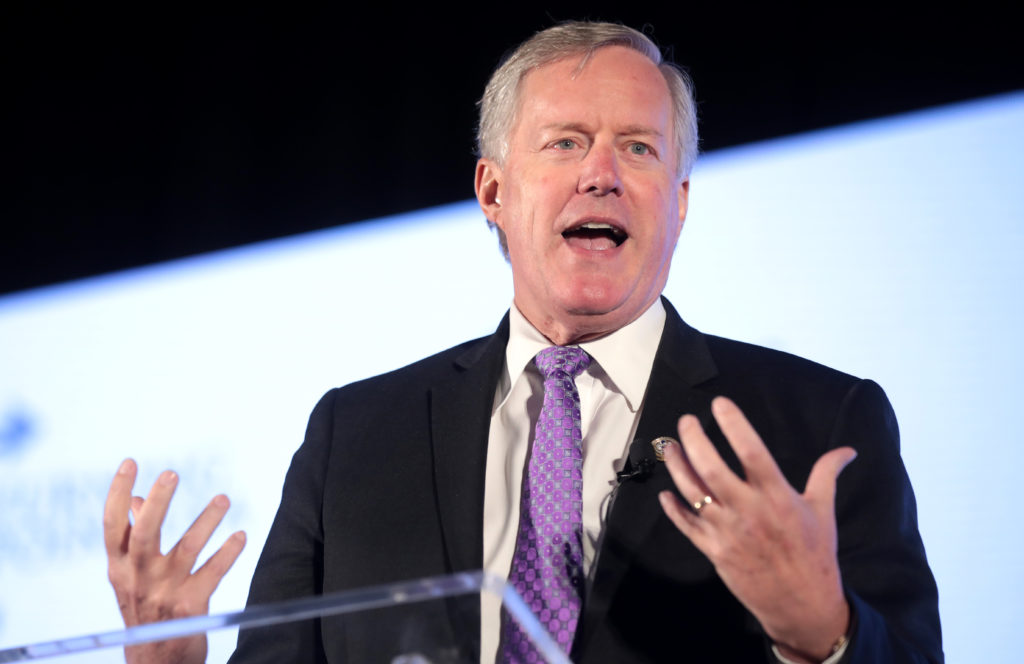For Mark Meadows it’s about desperation and nothing more

Anthony Michael Kreis, Assistant Professor of Law at Georgia State University, appeared on CNN following Mark Meadows’ three and one-half hour testimony in federal court yesterday. Kreis was inside the courtroom during Meadows’ testimony. He discussed Meadows’ contention that everything he did was part of his job; however, Kreis shared that when the prosecutor “pushed back,” there were several issues for which Meadows did not have a good answer. He pointed specifically to Meadows’ offer of campaign cash to “help” Fulton County undertake a signature audit and his direct involvement with campaign officials in the fake electors scheme.
Finally, and most importantly, Kreis asked why, if Meadows honestly thought fraud was involved in the election in Georgia, did he not include the DOJ and/or the Department of Homeland Security in these meetings? As Kreis pointed out, if a true federal interest was involved, Meadows and others would have asked those agencies to get involved. He was also not helped by Brad Raffensperger’s testimony, who detailed his conversation with Meadows and Trump that “there was no lawful way to change the outcome of the election.”
And that is at the heart of the matter. The election was not fraudulent, and any moves to change the outcome were themselves fraudulent. Kreis shared that Meadows has a “low threshold” to show that he was acting within the scope of his duties as chief of staff, but when Dana Bash interviewed former Georgia District Attorney J. Tom Morgan, a well-known Georgia prosecutor, Morgan had a different take.
Morgan said that he was “absolutely amazed” that Meadows took the stand. He told Bash: “Dana, just because you receive a federal paycheck doesn’t mean that everything you do comes under the guidelines of your job description as a federal official.” Morgan further said: “What Mr. Meadows was doing was helping the president and others to overturn the Georgia election.” The reason Morgan was “amazed” that Meadows testified is that putting a defendant on the stand is a huge risk that most attorneys would not take. Morgan further said that this type of risk “usually goes against the defendant.” Taking this risk shows Meadows’ desperation, but this entire thing reeks of desperation.
Donald Trump lost the presidency in 2020. He should have-like many before him-graciously accepted defeat and moved on, but there was too much at stake for him. He was making millions from his “presidency” by having dignitaries and others stay in his properties and charging the government more than double by staying in his properties and forcing his Secret Service detail to do the same. Though Trump obviously wanted (and needed) that money, it was the unbridled power he felt when he stepped into the Oval Office that most drove him. His loss was not only an embarrassment for him, but it crushed him. He felt the sting of the ultimate narcissist finding that most Americans wanted him gone. He couldn’t take it and decided to take matters into his own hands. He found that his “greatness” existed only in his mind.
Shirley is a former entertainment writer and has worked in the legal field for over 25 years
